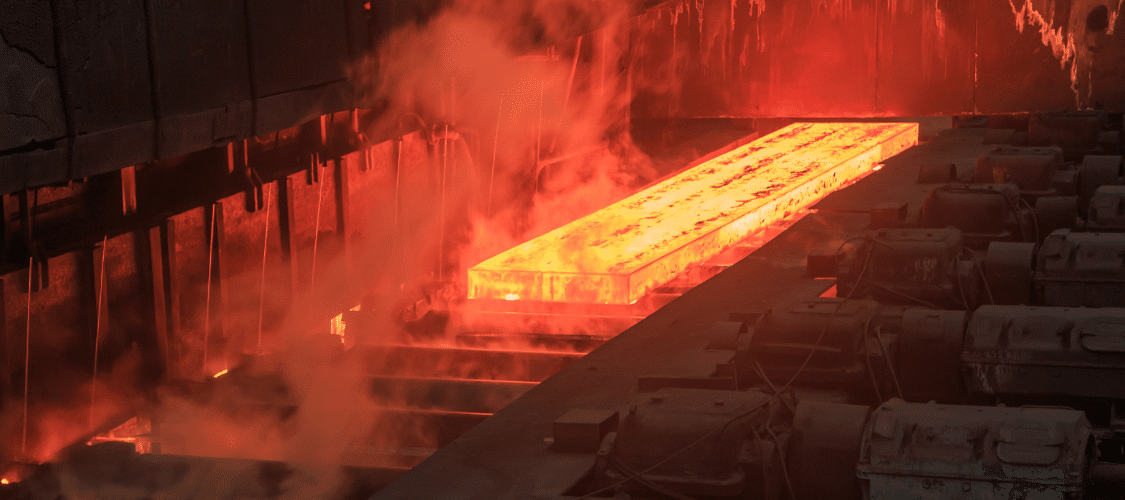The Net-Zero Asset Owner Alliance (AOA) claims that four-fifths of its members have adopted a position that is aligned with the alliance’s position on the coal sector. Reclaim Finance’s analysis of the policies of a majority of the AOA’s members, however, finds that less than a quarter have policies restricting finance to coal companies that are fully in line with the AOA’s position. The alliance position states that there should be no further financing of new coal plants, and that existing plants should be phased out. But it does not insist on its members restricting finance to companies that are ignoring these requirements. The AOA is using the weak wording in the coal position to judge compliance based only on what AOA members say they wish their investee companies would do, and not on what policies asset owners have adopted. The AOA is currently updating its coal position. It must require its members to adopt policies that incorporate the key principles in the alliance’s position, and must clarify that the AOA will judge compliance based on these policies’ full alignment with the position paper.
The AOA adopted a brief coal position paper in November 2020 (1). It includes the following principles:
- “Other that coal plants currently under active construction, no further coal plants should be financed, insured, built developed or planned.”
- “There should be an immediate cancellation of all new thermal coal projects, including thermal coal plants, coal mines and related infrastructure . . . that are in pre-construction phase.”
- “There should be phase-out of all unabated existing coal [power] in accordance with 1.5°C pathways [which] require phase outs in most thermal coal assets by 2030 for industrialized countries and a full phase out globally by 2040.”
Three years later, in its 2023 progress report (2), the alliance claimed that 97% of its members have adopted a coal position and that out of these members, 82% have “positions that are ‘aligned’ with the alliance’s position.” The alliance defines “aligned” as meeting “more than two-thirds of the key implementation criteria” in their position.
Divergent claims
Reclaim Finance’s analysis shows that the performance of their members is much weaker than the AOA’s claim suggests. We reviewed the coal positions of the 53 of the AOA’s 89 members (3) that are analyzed in the Coal Policy Tracker. We assumed that the “key implementation criteria” described by the AOA are the three principles cited above (4). We therefore scored any asset owner with a coal policy meeting two out of three of these criteria as being aligned. We assume that any significant discrepancy between our conclusions and those of the AOA is not a result of sampling error given the large size of our sample (60% of members).
Out of the 53 AOA members we surveyed, 13% have not published a coal position, in comparison to the AOA’s claim that only 3% have no policy. Only 19 (36%) of AOA members in our sample were aligned with at least two of the AOA’s three principles (5). Taking compliance with each principle on the AOA’s coal position in turn:
- “no further coal plants should be financed”:
We find that 55% of AOA members (29 members) fail to clearly exclude all financing for coal plant developers (6). - “immediate cancellation of all new thermal coal projects”:
55% fail to clearly exclude all financing of developers of coal projects such as mines and transport infrastructure (7). - 2030/2040 phaseouts:
47% (25 members) have failed to set a clear intention to phase out all coal finance by 2030/2040 (8).
Reclaim Finance believes that a policy should only be considered aligned with the AOA’s position if it complies with all three of the AOA’s principles. Using this more stringent, but logical, criterion, only 23% (12 asset owners) of the AOA members we survey are compliant.
Expectations are not requirements
The AOA discloses minimal information in its progress report to explain how it has evaluated member alignment with its coal position. Reclaim Finance has engaged with the AOA secretariat, co-convened by the UNEP Finance Initiative and the Principles for Responsible Investment, to try to understand the reason for the divergence between their and our interpretation of their members’ alignment.
The AOA secretariat explains that the AOA defines a member as aligned if they tell UNEP that they expect their investees to follow the AOA’s principles (9). By contrast Reclaim Finance considers alignment to be based on asset owners having published policies that clearly exclude financing for companies not aligned with the principles. We believe that policies/positions must be made public, and that applying meaningful pressure on coal companies to change their business practices requires clear financial consequences for them not doing so.
The secretariat bases their very weak interpretation of alignment on the fact that the AOA coal position does not explicitly say that asset owners should adopt policies with financial consequences for their investees that fail to act on coal. While the spirit of the AOA’s position is surely that its members should act against companies that ignore the principles, the letter of the position does not require any action from its members. It instead merely expects that the companies they invest in “should guide their strategies as much as possible with” the AOA principles.
We have also been told by AOA that they consider asset owners to be aligned if they have no exposure to coal companies. We do not consider this aligned for several reasons:
- Most asset owners do not disclose their holdings so it is not possible to verify their exposure claims;
- It is not based on any clear thresholds for defining what is a coal company (e.g. on percentage of revenues from coal, amount of power generation from coal, or if the company is developing new coal projects (10));
- It is not clearly based on a comprehensive assessment of a substantial majority of an asset owners’ investment vehicles;
- While a claim of no coal exposure could be accurate at any specific point in time, without a public policy there would be no constraint on an asset owner buying coal assets in future.
The AOA has been called the “gold standard” net-zero alliance by UN Secretary General António Guterres (11). But this label is thoroughly undeserved: even a lead standard net-zero alliance should require its members to stop financing coal expansion. The AOA states that it is currently updating its coal position (12). This gives an opportunity for the alliance to replace the weasel words in its current position with clear requirements for its members to take meaningful action by adopting policies that incorporate the key principles in the alliance’s position. The new policy must also clarify that the AOA will judge compliance based on its members’ policies’ full alignment with the position paper.



